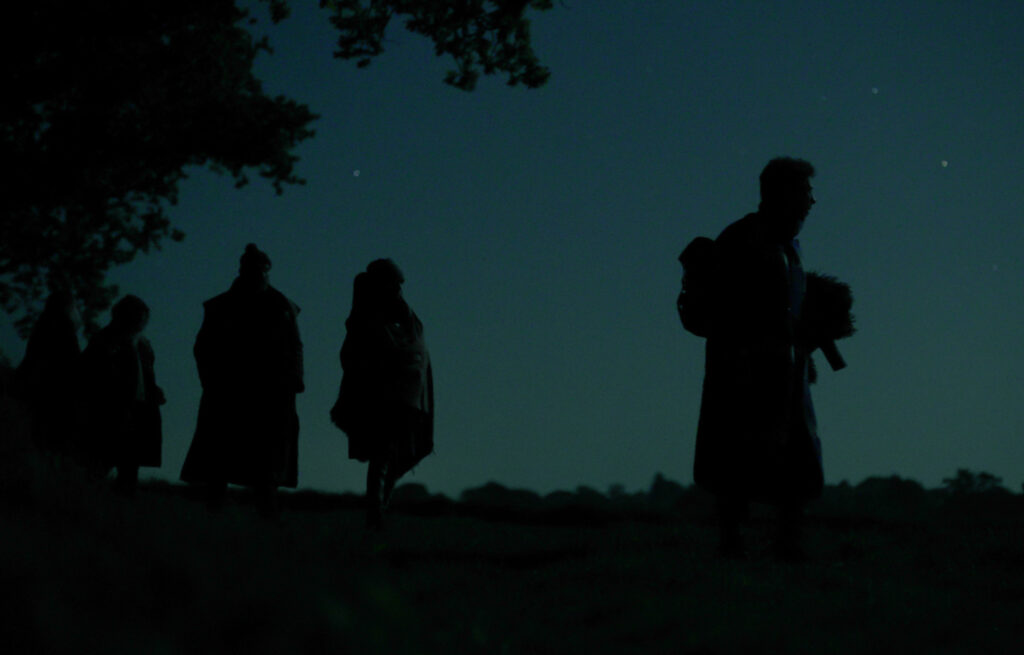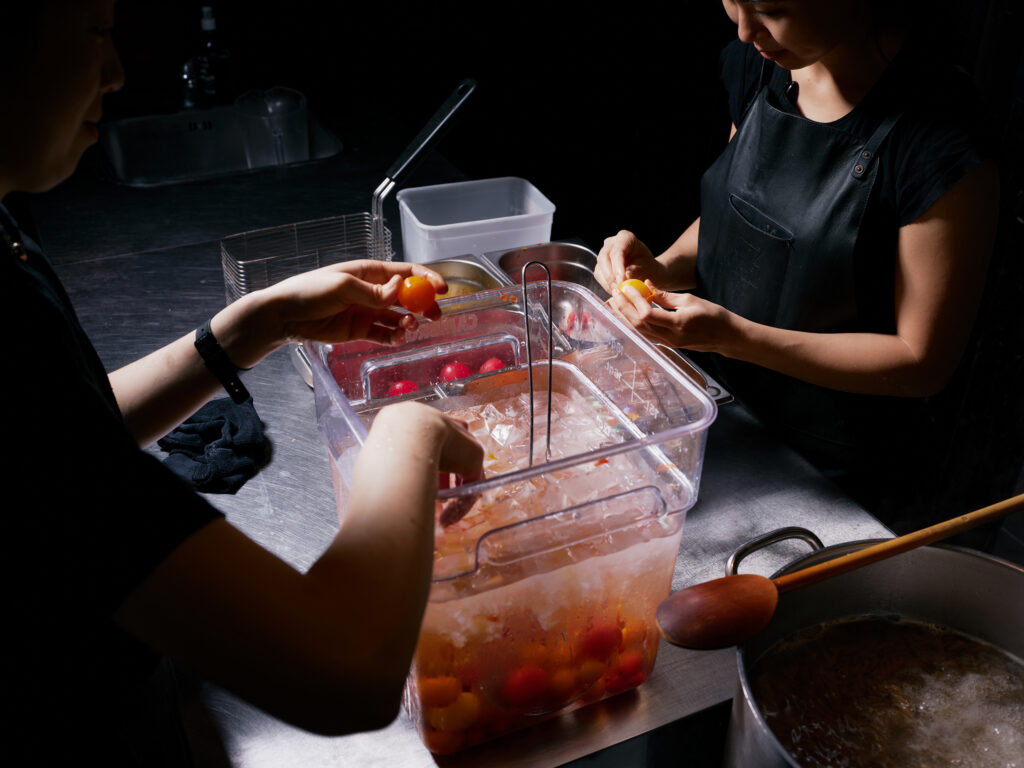
From Waste to Wonder:
How Douglas McMaster is Shaping the Future of Sustainable Cuisine
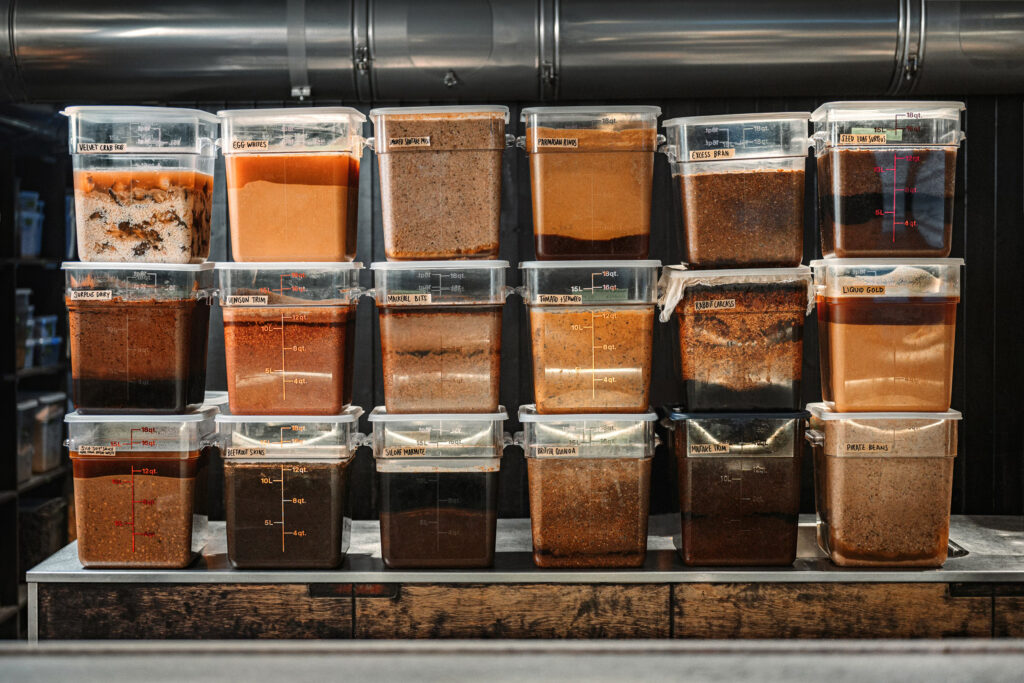
Natsai Chieza: Douglas, could you start by telling us a bit about your background and how you came to be involved in the food industry?
Douglas McMaster: Absolutely. My journey in the food industry began when I was 15, working in a local pub in a small town. It was a humble start, but it ignited a passion for food and cooking that has only grown stronger over the years. As I progressed in my career, I had the opportunity to work in various esteemed kitchens and learn from some incredible chefs. These experiences shaped my understanding of food and its impact on our environment. However, I also noticed the immense waste generated in traditional kitchens, which troubled me deeply. This realisation fueled my desire to create a more sustainable and zero-waste approach to cooking, ultimately leading to the founding of Silo. Being neurodivergent has also undoubtedly influenced my journey in the food industry. I was diagnosed with ADHD and dyslexia, which presented unique challenges but also offered a different way of seeing the world. These conditions have helped me think outside the box and approach problems with a creative mindset. In the kitchen, my neurodivergence has allowed me to find innovative solutions to complex issues, particularly when it comes to sustainability and zero waste. For example, my ADHD helps me hyperfocus on specific tasks, which is beneficial when experimenting with new techniques or ingredients. It’s about harnessing the strengths of neurodivergence and using them to drive positive change.
"At its core, Silo is built on the principles of reducing waste, reusing resources, and respecting nature. We aim to eliminate waste by using whole foods and implementing a nose-to-tail and root-to-fruit philosophy. [...] It's about creating a closed-loop system where everything has a purpose and nothing is discarded unnecessarily."
Natsai Chieza: That’s a fascinating context from which to approach change-making, requiring both an awareness of systems and a deeper self-knowledge. Let’s dive into your philosophy and practices at Silo. How did you develop the concept of a zero-waste restaurant?
Douglas McMaster: The concept of Silo emerged from my desire to challenge the conventional food system and its wastefulness. At its core, Silo is built on the principles of reducing waste, reusing resources, and respecting nature. We aim to eliminate waste by using whole foods and implementing a nose-to-tail and root-to-fruit philosophy. This means we utilise every part of the ingredient, ensuring nothing goes to waste. For example, we mill our own flour, churn our own butter, and compost any food scraps. It’s about creating a closed-loop system where everything has a purpose and nothing is discarded unnecessarily. A typical day at Silo starts early with our team gathering to plan the day’s menu based on the freshest ingredients available from our local suppliers. We receive whole animals and entire vegetables, which we then break down and use in their entirety. For instance, bones are used to make stocks, and vegetable peels are transformed into crisps or fermented for sauces. We also bake our own bread using flour milled in-house from heritage grains, which not only reduces packaging waste but also ensures superior quality. Any food scraps that can’t be used in cooking are composted on-site, and this compost is then used to grow more produce, creating a truly circular system.
Natsai Chieza: Silo’s thesis remains the exception and not the rule as to how most food arrives on the plate, and so it begs the question, what new culinary experiences and flavours does this systemic approach unlock?
Douglas McMaster: One of my favourite dishes that exemplifies our zero-waste approach is our Koji ice cream. It’s made from rice that is fermented with Koji, a type of mould used in sake production. The process involves adding only 10% sugar, compared to the 20-25% in regular ice cream, resulting in a 150% reduction in sugar content. The rice we use is delivered emission-free on an old pirate ship, reducing our carbon footprint. The Koji ice cream has a unique complexity of flavours, with gentle brightness, florality, umami, and natural sweetness. It’s a dish that embodies our commitment to sustainability and innovation.
Natsai Chieza: That sounds incredible! I think what you are describing is that sweet spot where true innovation happens: in your ability to connect the systems change with pure desire, you have two essential ingredients to mobilise action for the change you seek. You have to make the revolution irresistible, people need to be inspired. Still, there’s a perception that sustainable practices and products are often seen as expensive to implement and expensive to acquire. How do you address this concern, especially for those starting their sustainability journey?
Douglas McMaster: It’s a valid concern. Many people believe that building a sustainable business from the ground up is costly, but it’s essential to challenge this notion. While there are initial investments, the long-term benefits far outweigh the costs. For instance, organic food is often perceived as expensive because it is the minority in demand. If more people demanded organic produce, its cost would decrease significantly. Additionally, regenerative farming practices can be more productive and economically viable than industrial farming. At Silo, our food costs are about 10% of our revenue, compared to the typical 30-40% in traditional restaurants. This is because we minimise waste and buy directly from producers, cutting out the middleman. Innovation and a shift in mindset can lead to more sustainable and cost-effective solutions.
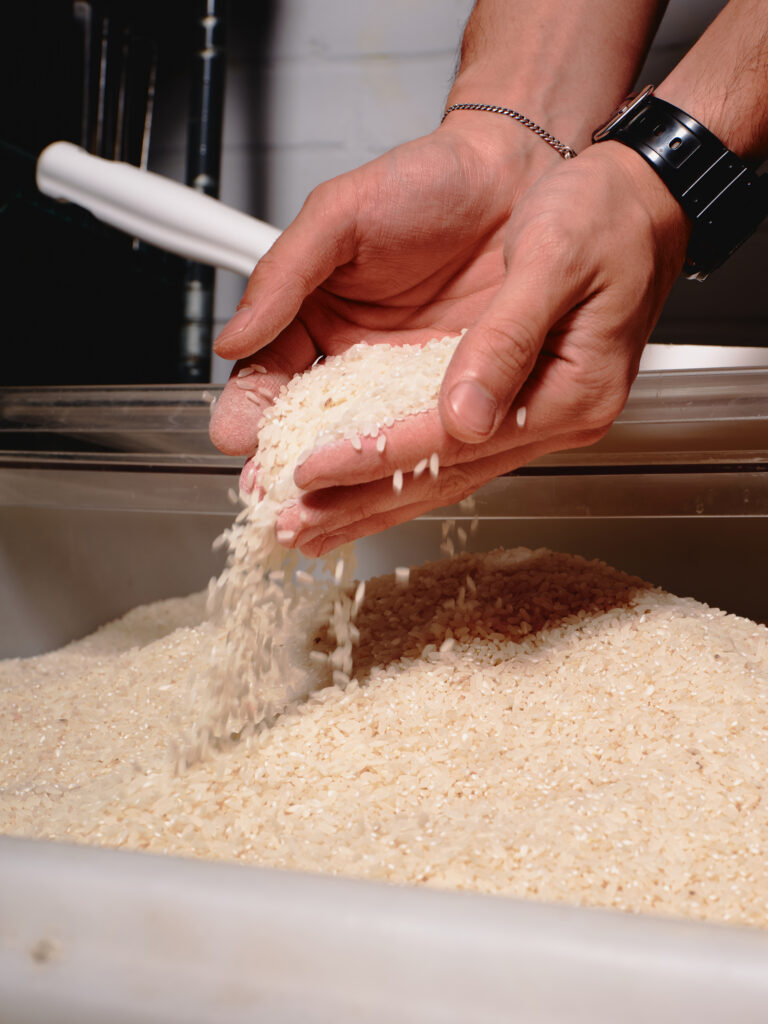
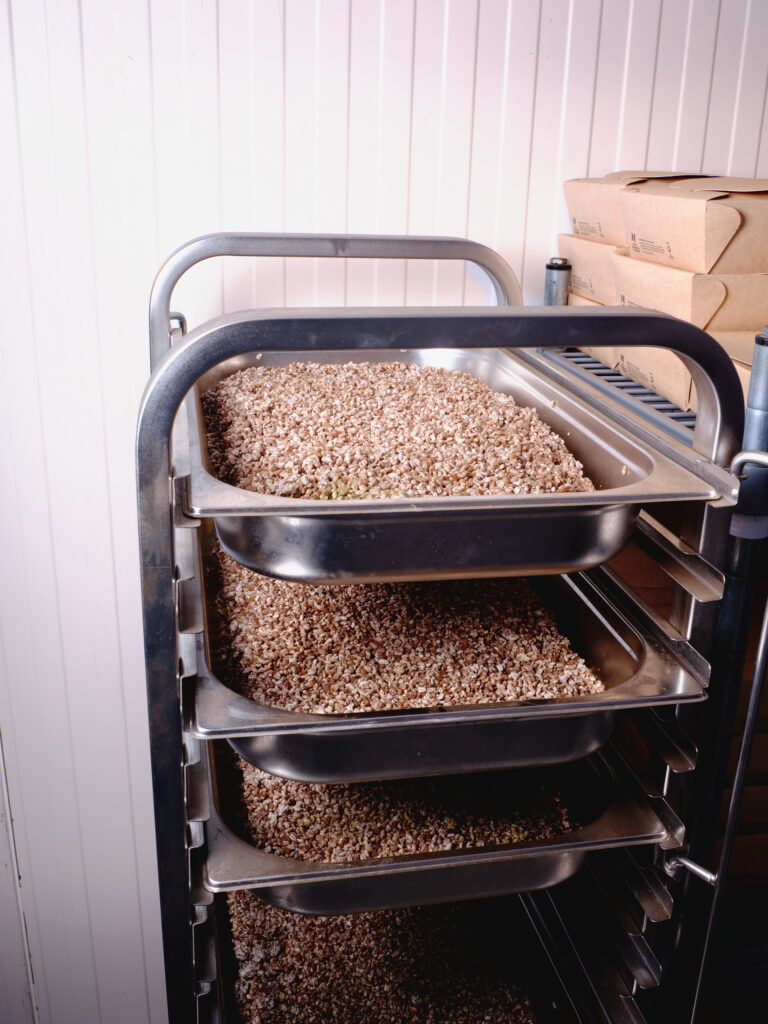
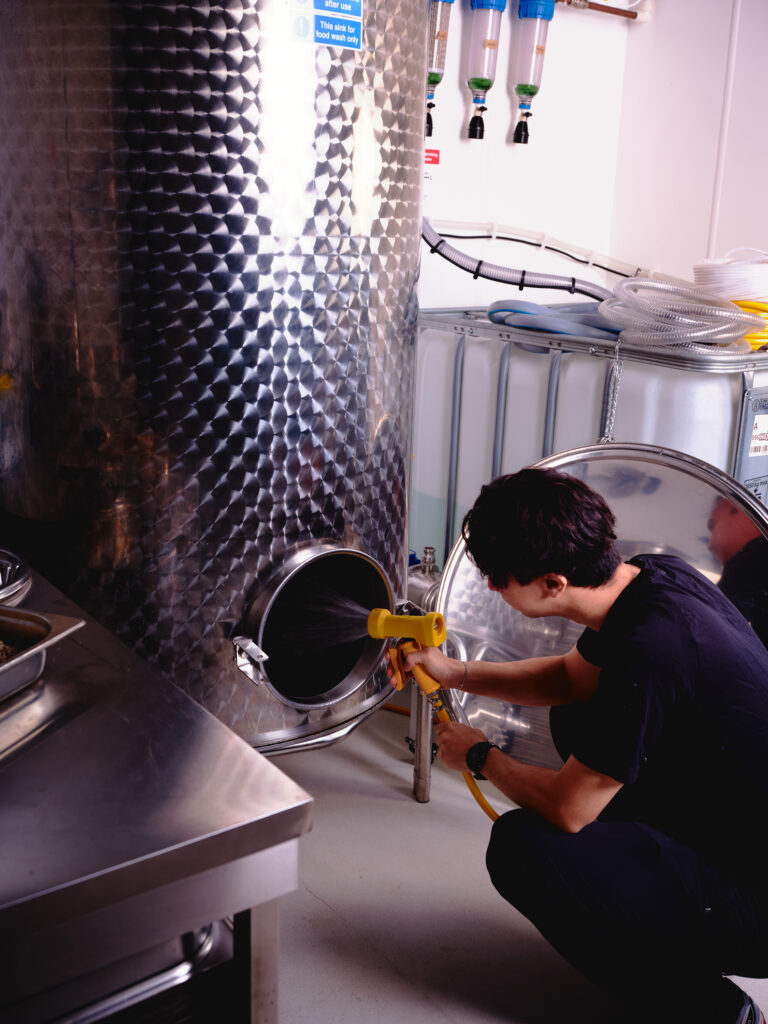
"Innovation is key to overcoming the perceived cost barriers of sustainability. By rethinking traditional systems and finding new ways to operate, we can achieve both environmental and economic benefits."
Natsai Chieza: Can you elaborate on how you think about innovation at Silo?
Douglas McMaster: Innovation is key to overcoming the perceived cost barriers of sustainability. By rethinking traditional systems and finding new ways to operate, we can achieve both environmental and economic benefits. For example, at Silo, we’ve implemented practices that reduce food waste and optimise resource utilisation. This not only lowers our costs but also creates a more efficient and profitable business model. By cutting out the middleman and sourcing directly from producers, we ensure fair compensation for farmers while reducing costs for ourselves. It’s about finding creative solutions that align with our values and drive positive change. One innovative practice we’ve implemented is our use of reusable delivery systems. Instead of receiving ingredients in disposable packaging, we work with suppliers to deliver goods in reusable containers. This significantly reduces our waste and encourages a culture of reusability. Another example is our fermentation lab, where we experiment with preserving and enhancing flavours using traditional techniques. This not only reduces waste by extending the shelf life of ingredients but also adds unique flavours to our dishes, setting us apart from conventional restaurants.
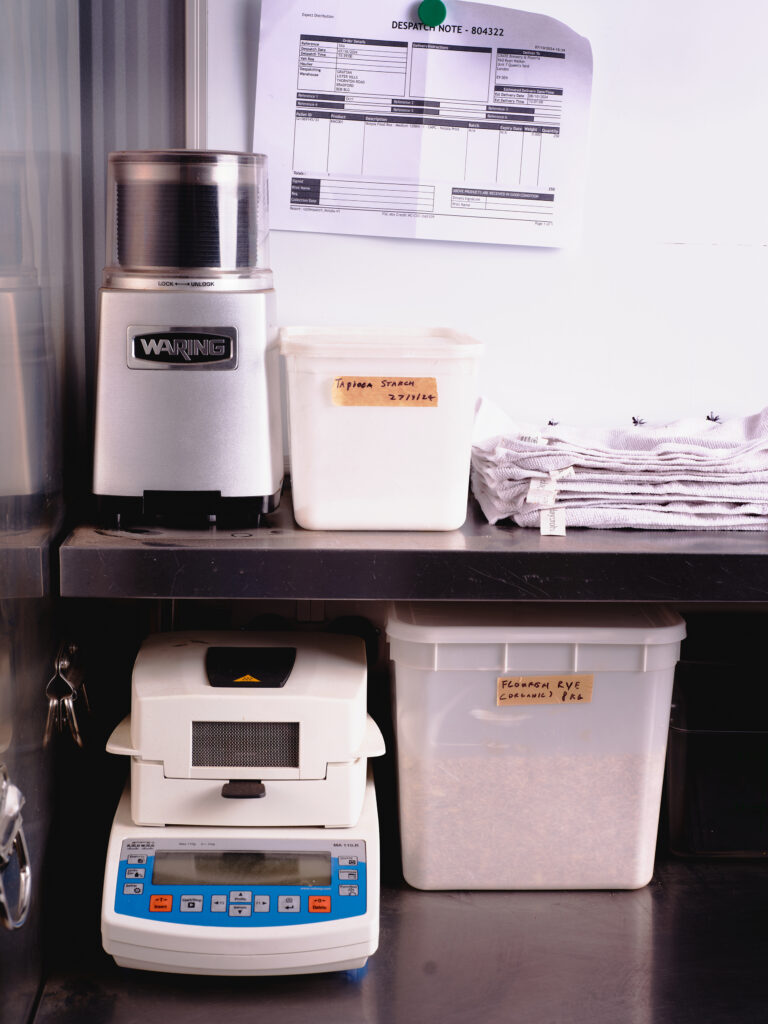
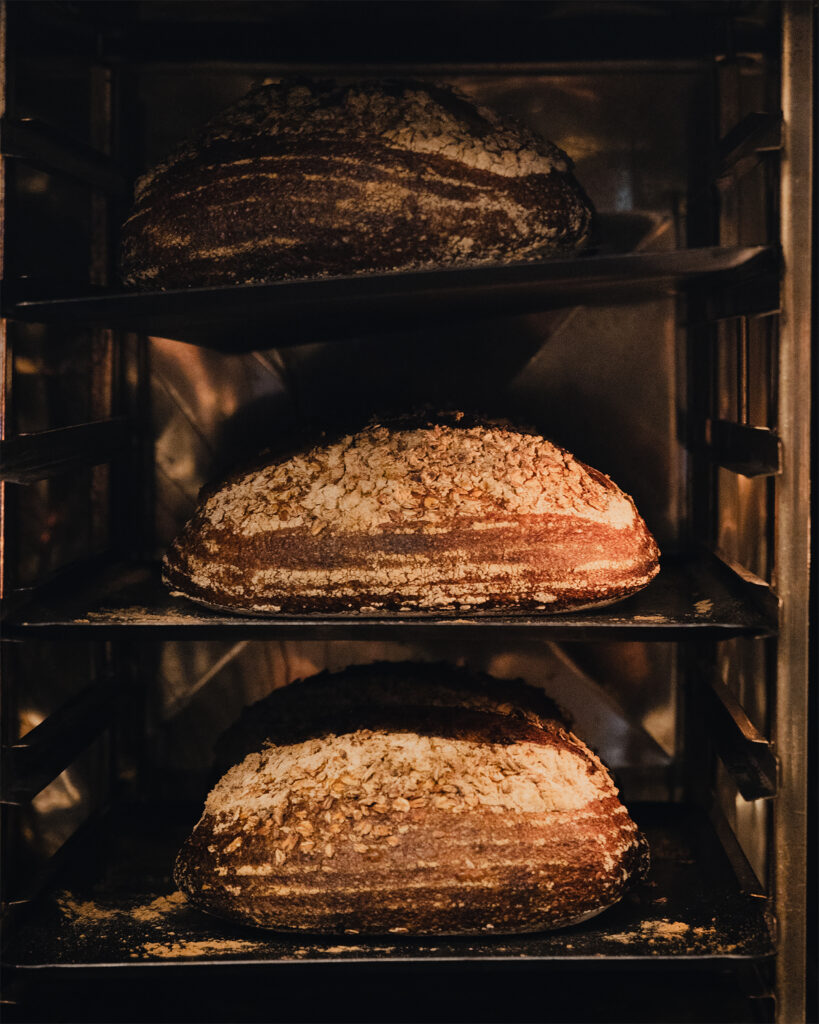
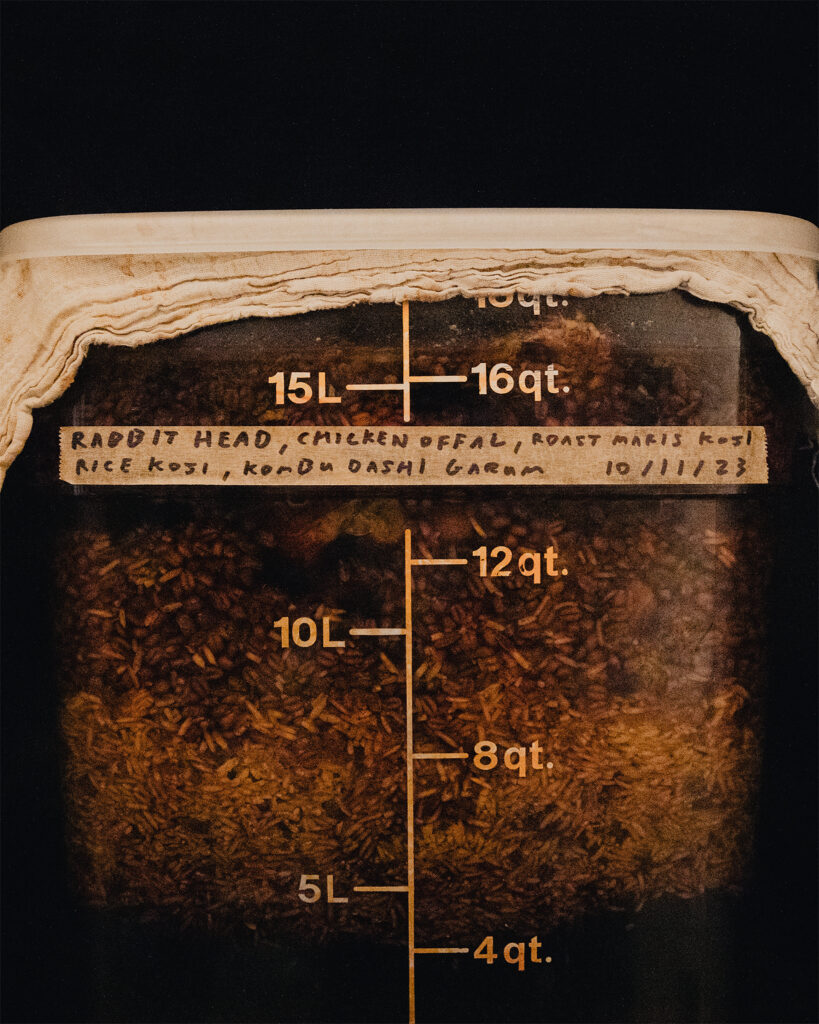
Natsai Chieza: Your journey proves that there’s a lot of impact to be made by tackling waste. What advice would you give to aspiring chefs and entrepreneurs who want to emulate your model?
Douglas McMaster: My advice would be to start with a clear vision and a commitment to your values. Sustainability should be at the core of everything you do, guiding your decisions and actions. Embrace innovation and be open to new ideas and approaches. Don’t be afraid to challenge the status quo and think outside the box. Building a sustainable business requires resilience and perseverance, but the impact you can make is worth it. Lastly, remember that small changes can lead to significant results. Focus on continuous improvement and celebrate every step towards a more sustainable future.
Natsai Chieza: Truly inspiring words. And finally, in the spirit of inspiration, who would be your dream guest to have at Silo?
Douglas McMaster: I would have to pick Dr. Zach Bush. He’s a three-time doctor and an incredible thinker who has profoundly influenced my understanding of nature and health. His work in regenerative agriculture and holistic health aligns perfectly with the values we uphold at Silo. Although I’ve reached out to him before, he hasn’t yet accepted a dinner invitation. Nevertheless, his insights and vision for a more sustainable and interconnected world would make for a fascinating conversation.
Natsai Chieza: Thank you so much, Douglas, for sharing your insights and experiences. Your work at Silo is deeply inspiring, and I believe it will encourage many to rethink their approach to sustainability.
Douglas McMaster: Thank you, Natsai. It’s been a pleasure discussing these important topics with you.
Douglas McMaster, chef, author, and owner of Silo, was interviewed by Natsai Audrey Chieza, Founder and CEO of Faber Futures, and Founder of NPOL. The interview was transcribed by Amber Weaver, Director of TYPEONE Magazine.
This conversation was commissioned by TYPEONE Magazine and first published in Issue #09.
